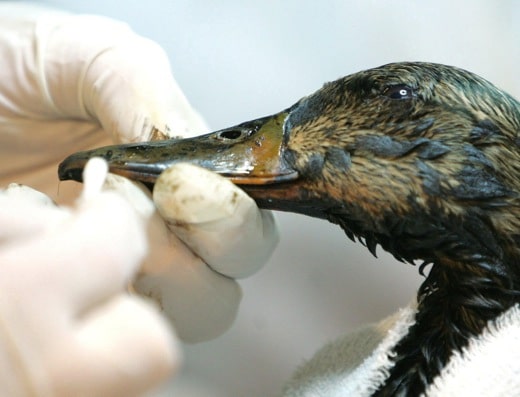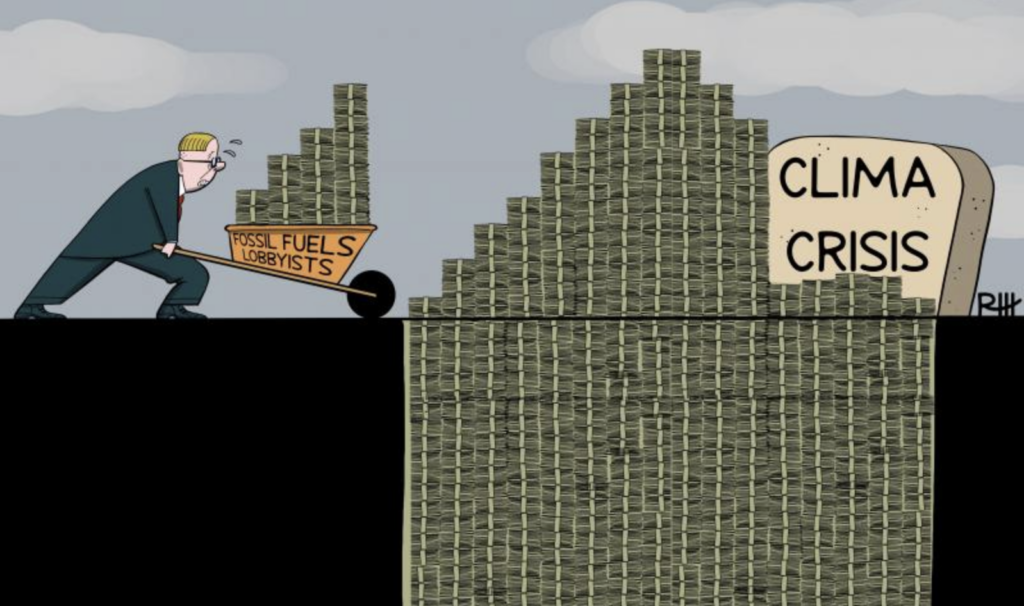Eleven hundred more ducks died after landing on a toxic waste pond in northern Alberta last year than was originally estimated, a Canadian oil sands official acknowledged earlier this week.
The carcasses of 1,606 ducks were collected from the oily waters, compared to the 500 originally counted, Syncrude Canada chief executive Tom Katinas said.
The deaths of the mallards last April drew widespread attention and prompted Prime Minister Stephen Harper to lament that Canada’s international reputation had been tarnished by it.
Here’s a video clip from the incident:
This month we’re giving away FREE copies of Thomas Friedman’s bestselling book Hot, Flat and Crowded: Why We Need a Green Revolution and How It Can Renew America.
Go here to find out more details about DeSmogBlog’s monthly book give-away.
Subscribe to our newsletter
Stay up to date with DeSmog news and alerts







